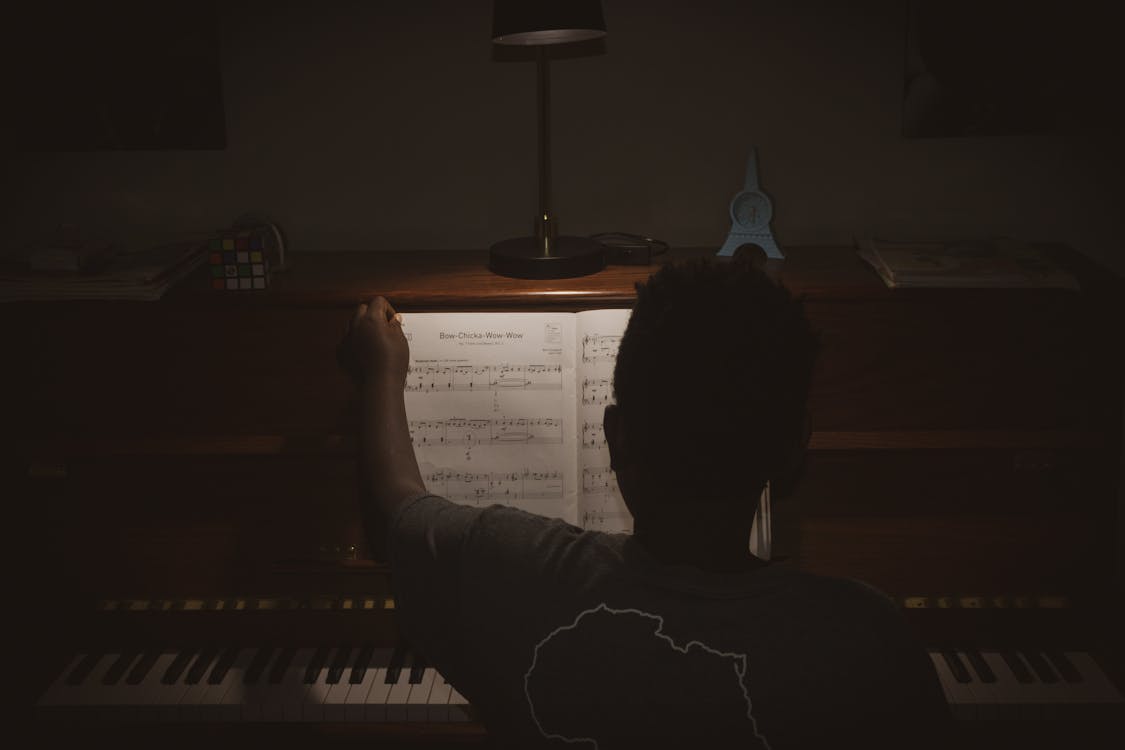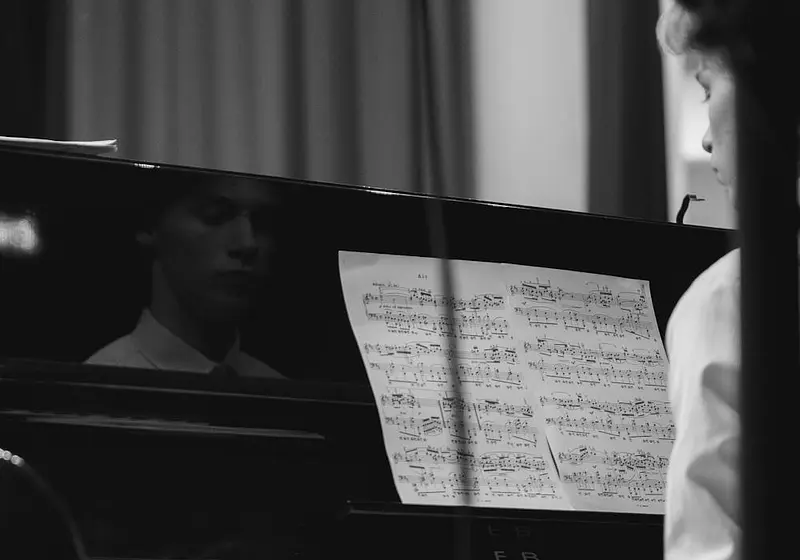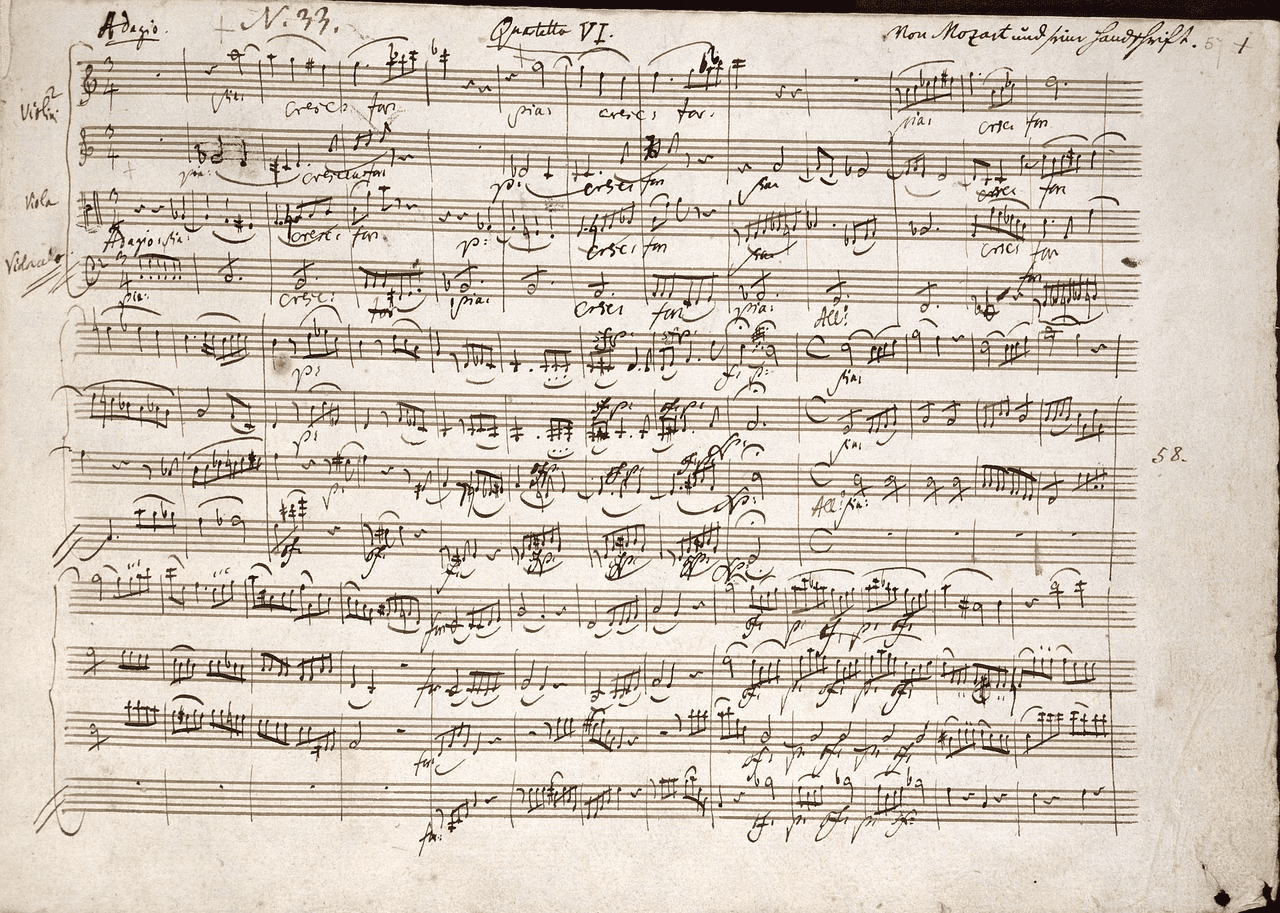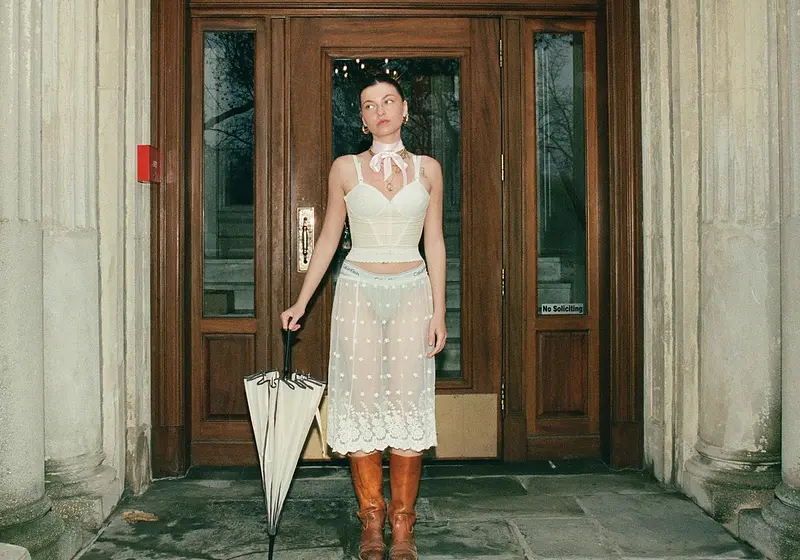Close your eyes for a second and allow yourself to indulge in a memory of that song. You know that song that had your heart beating along to the tune of its drum? The beat, fast or slow, seeps into your soul, allowing you to become one with the music.
Now take another second and try to remember the words that were left in the artist’s mouth. The vocal changes between each heart-felt syllable never lose style. Maybe that artist devised a creative storyline about ‘love and loss’ for you to follow along with. For some, one lyric in particular sticks out like a sore thumb, tugging on your heartstrings.

Ylanite Koppens from Pexels
Music, and the lyrics that complement it have a strange ability to draw out emotions for others to relate to. It could be easy to feel as though the artist(s) in a strange way have lived a life like yours. In that way, our favorite songs and lyrics sung by big-time musicians allow those emotions we feel powerless to express to come to life.
But what if I told you that your favorite artist wasn’t the sole lyricist of the song you just dreamt of?
Many hit songs in the modern era were composed with little to no input by the person you hear performing it. Nowadays, we refer to those unsung heroes as ghostwriters.
What are Ghostwriters?
The term “ghost writer” is relatively new to the English vocabulary. According to The Times Newspaper, ghostwriting was “coined in the 1920s by Christy Walsh” who was a “dominant literary agent for American sports celebrities” in his time.
Walsh, who was infamous for his uncredited pieces for sports stars, would shine a light on those who never got the credit for pieces of literary work admired by the masses. In a nutshell, that’s what ghostwriting is; the act of writing and publishing a piece of work without receiving any public recognition or credit.

Edgar Okioga from Pexels
The First Ghostwriters: Ancient Scribes
Although the term itself was coined about 100 years ago, the act of ghostwriting has been around for… well just about since the beginning of written history. As humanity progressed towards ancient civilizations, the need for literacy grew exponentially.
The first example would be Mesopotamia, the oldest known civilization in human history. Writers known as scribes became an integral part of this ancient civilization, as they were responsible for maintaining both domestic and foreign communication. In the ancient world, not many common citizens were literate, as schools of the time were exclusive to those of aristocratic status. The process of learning to read and write was very grueling, with the students being required to restlessly memorize hundreds of letters, and words and the formation of words.

The scribes would keep their identities anonymous for no reason in particular but were highly regarded for their role in society’s peace. WorldHistory.org let us know that even though scribes were anonymous in their work, they “are sometimes described as ‘those who never go hungry’” with some scribes being “among the most powerful people in their city”.
Many ancient civilizations held similar virtues for scribes, such as the Ancient Egyptians and Ancient Greeks. The kings of their respective kingdoms would hire scribes to write public speeches and other diplomatic pieces.
Mozart?!
Transitioning into the common era, public literacy became more common and the practice of manipulating words into forms of entertainment became popular to the general public. Novel writing, music, and theater became staples of daily life, which in turn resulted in a collection of masterpieces painted across early modern history. The classical era, which lasted about 7 decades between the 17th and 18th centuries, produced many of the greatest musical composers of all time.
Among them, a musical composer by the name of Johannes Chrysostomus Wolfgangus Theophilus Mozart (or Mozart for short) stood out from the rest. Mozart was a virtuoso pianist and composer, producing pieces such as the Requiem in D minor, Piano Sonata No.11, and Piano Sonata No.16 (which I listen to almost every day and would highly recommend).
The allure of wealth, and popularity Mozart received from his brilliance was greatly sought after. Many, quite frankly, less talented composers and patrons would commission Mozart to write pieces of work for themselves to take credit for. Mozart is said to have ghostwritten many pieces of music. Of course, it didn’t matter much that Mozart was uncredited in this circumstance, as he was already highly regarded in the public light.
But what about those that weren’t?
“Snooze”: Performed by Sza, Produced by Leon Thomas
A lot of us know Leon Thomas as the young co-star of the hit-teen show “Victorious” on Nickelodeon back in the 2010s. To the common media consumer, Thomas’s success started and ended with his role as the cool, level-headed, musically gifted character of “Andre” in the show. It wasn’t until recently that I saw Thomas’s now adult face cross my screen on TikTok.
Thomas had gotten a lot older, almost unrecognizable with his matured locs and facial hair, along with a big silver Cuban link to match his lavish tinted glasses. He’d grown a lot from his mild-tempered character as a teen star. Guitar in hand, he sang a rendition of “Snooze” by SZA.
Or at least I thought it was by SZA. I mean, how could someone other than SZA have thought of those lyrics?

Sebastian Ervi by Pexels
The answer is Leon Thomas himself, who passively took credit for his role as writer and producer of the song. I was taken aback, not because I didn't think he could produce a similar caliber of music as SZA, but because I was so conditioned to believe only SZA’s aesthetic and vocals could produce such a song.
Was I disappointed to find out that it wasn’t SZA that couldn’t “snooze and miss the moment, You just too important”? Yes, I was. But I realized at that moment that it’s almost impossible to think that one person could consistently push out substantive music on their own without the contribution or help of others.
The World Needs Ghost Writers
The value ghostwriters have had across history has been written over by the more favorable faces of the media. From Kanye West and Drake to Rihanna and Beyonce, almost every popular artist has drawn inspiration or even direct help from others we’ve never heard of before.
Even extending the bounds of music, many best-selling books and Presidential speeches are still ghostwritten to this day.

Photo by: Inserting image...From Pixabay
The skill to produce quality literacy pieces is one that is often overlooked, if not outright neglected altogether. It takes an exceedingly long time to form words into beautiful structures that must be carefully analyzed over and over to ensure public enjoyment.
Ghostwriters hold both the time and the skill to produce those sounds and words for the consumer to find comfort and solace in. Without the work of these unsung heroes, only the lord knows how much either the quality or quantity of literary pieces would drop.
No one wants that, which is why the world needs ghostwriters (maybe even more).















